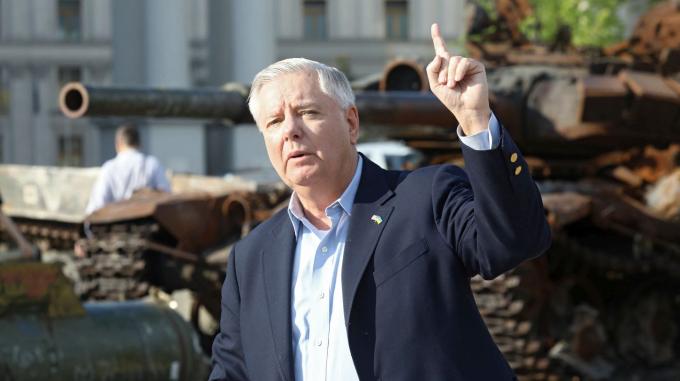Is Trump Really Supporting a Weaker Sanctions Bill Against Russia?

In light of recent statements by Senator Lindsey Graham, it is increasingly clear that the issue of implementing sanctions against Russia remains a key instrument of diplomatic pressure. However, the actual enforcement of these measures is complicated by internal political compromises. Republican Senator Lindsey Graham revealed that during a recent golf outing, President Donald Trump expressed support for a proposed bill that aims to strengthen economic sanctions but with certain limitations. According to Graham, Trump indicated he was ready to move forward and support the bill introduced to Congress, hinting that after the July recess, he would sign it into law. Nevertheless, it should be noted that the new bill does not impose automatic sanctions on Russia — the final decision will be up to the president. Graham emphasizes that the legislation contains a so-called 'waiver' clause, granting the U.S. president the authority to exempt specific cases from sanctions. This means that despite lawmakers’ efforts to exert pressure on Russia, the actual application of sanctions will depend on President Putin’s actions, not automatic measures. At the same time, the senator notes that the goal is to pressure Kremlin to sit at the negotiation table and demonstrate a willingness to compromise. Historical context indicates that the White House has been the primary driver behind this prolonged political game. Reports from The Wall Street Journal in June suggested that the administration aimed to retain the final decision-making authority on sanctions at its discretion. The introduced bill, supported both in the House of Representatives and the Senate, proposes new, economically restrictive measures against Russia — including a 500 percent tariff and additional sanctions for refusal to cease hostilities. While President Trump has publicly stated that sanctions should be implemented as needed, no concrete steps have been taken so far. Experts suggest that this approach creates space for political maneuvering and manipulation in the sphere of international diplomacy and economics.

